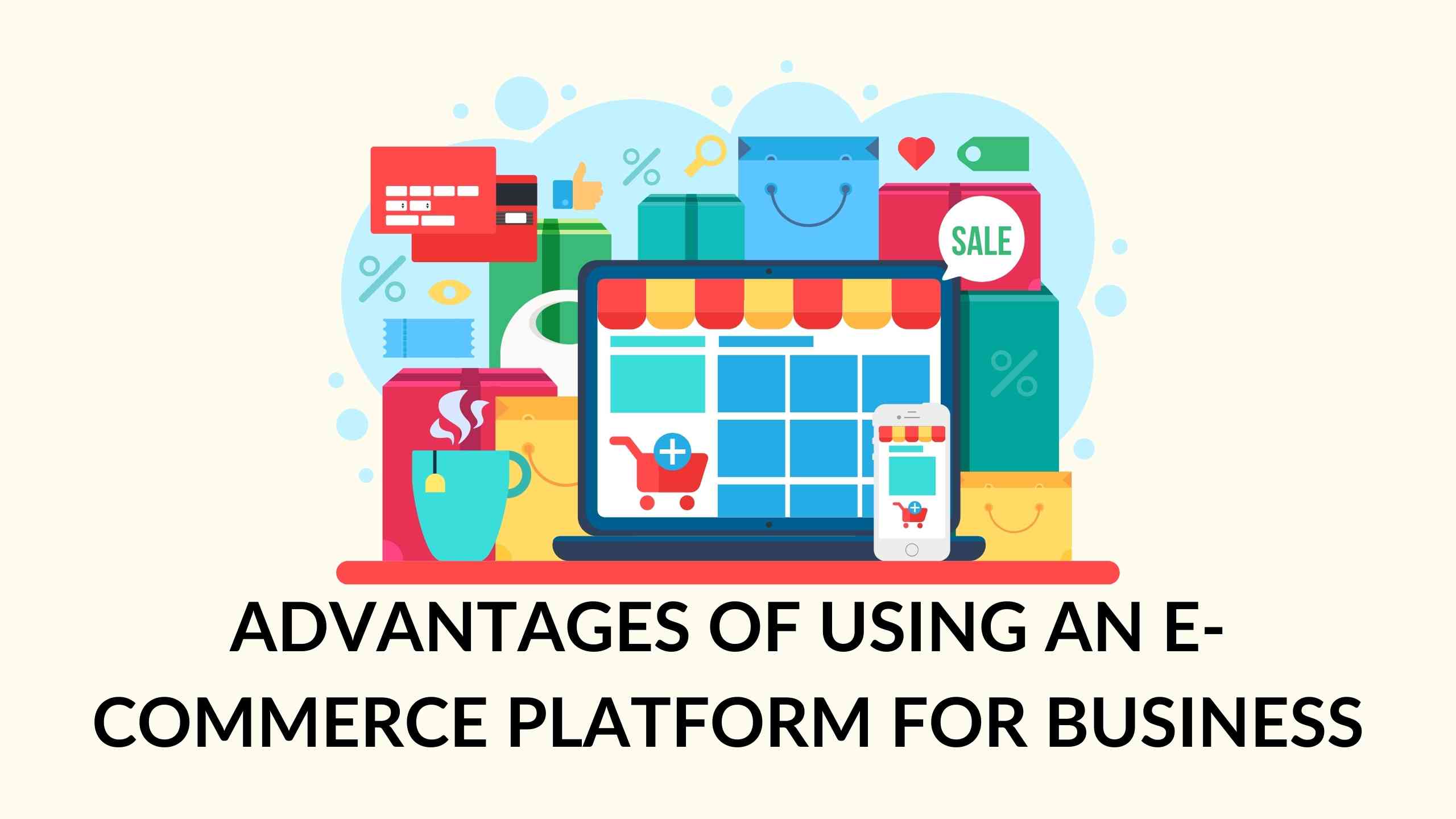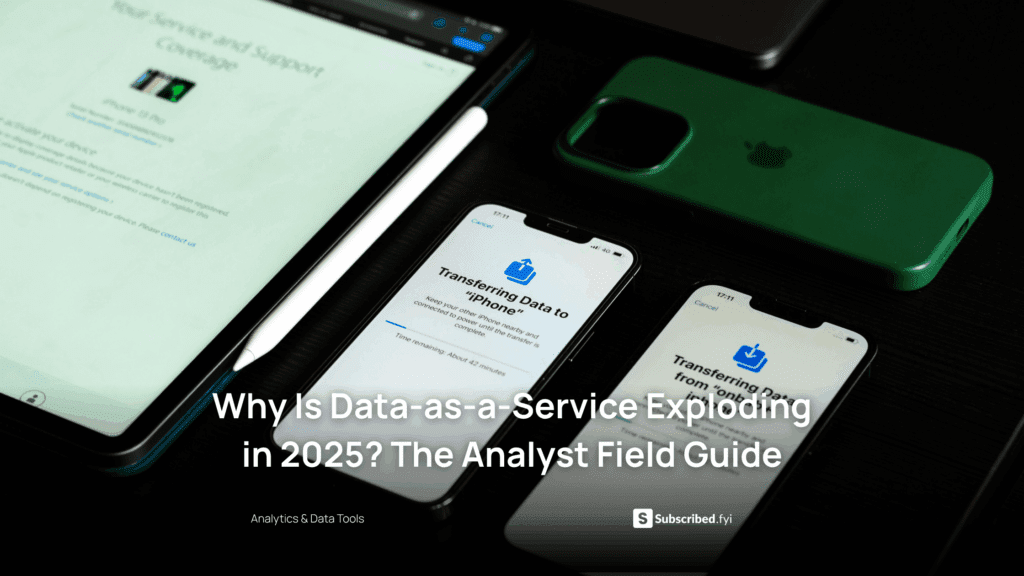Advantages of Using an E-commerce Platform for Business


Advantages of Using an E-commerce Platform for Business
E-commerce platforms have revolutionized the way businesses operate in the digital era, offering a myriad of advantages that contribute to their growth and success. This article explores the key advantages of using an e-commerce platform for business, shedding light on why businesses opt for these platforms in the ever-evolving online marketplace. Additionally, we’ll highlight relevant Software as a Service (SaaS) products, showcasing the diverse advantages within the e-commerce subscription stack.
Unveiling the Advantages of E-commerce Platforms
Why Use an E-commerce Platform?
The decision to utilize an e-commerce platform is driven by a range of advantages that directly impact a business’s operations and bottom line. Let’s delve into the key reasons why businesses choose to use e-commerce platforms:
Key Advantages of Using E-commerce Platforms
1. Global Reach and Market Expansion
E-commerce platforms provide businesses with the opportunity to reach a global audience. This global reach facilitates market expansion, allowing businesses to tap into new customer bases and geographical regions.
2. Cost-Efficiency and Reduced Overheads
Utilizing an e-commerce platform is cost-efficient compared to traditional brick-and-mortar setups. Businesses can reduce overhead costs associated with physical storefronts, such as rent, utilities, and staffing.
3. 24/7 Accessibility and Convenience
E-commerce platforms operate 24/7, offering unparalleled accessibility and convenience for both businesses and customers. This constant availability ensures that customers can make purchases at their convenience, regardless of time zones.
4. Data-Driven Insights and Analytics
E-commerce platforms come equipped with robust analytics tools that provide businesses with valuable data-driven insights. These insights help in understanding customer behavior, optimizing marketing strategies, and making informed business decisions.
5. Integrated Marketing and Promotional Tools
E-commerce platforms often integrate marketing and promotional tools, empowering businesses to create and execute targeted campaigns. From discounts and promotions to personalized marketing, these tools enhance brand visibility and customer engagement.
Exploring Relevant E-commerce SaaS Products
To provide practical insights into the advantages of using e-commerce platforms, let’s explore some relevant SaaS products in the market:
- Shopify – A leading e-commerce platform known for its user-friendly interface and extensive features.
- Magento – An open-source e-commerce platform offering flexibility and scalability for businesses of all sizes.
- WooCommerce – A WordPress plugin that turns a website into a fully functional online store.
- BigCommerce – A SaaS e-commerce platform with a focus on scalability and customizable features.
- Square Online – An e-commerce solution that seamlessly integrates with Square’s point-of-sale system, providing a comprehensive business solution.
Conclusion
In conclusion, the advantages of using e-commerce platforms for business are multifaceted, encompassing global reach, cost-efficiency, 24/7 accessibility, data-driven insights, and integrated marketing tools. These advantages position e-commerce platforms as indispensable tools for businesses navigating the digital landscape.
As businesses consider the adoption of e-commerce solutions, exploring products like Shopify, Magento, WooCommerce, BigCommerce, and Square Online provides valuable insights into the diverse advantages and capabilities available in the e-commerce subscription stack.











